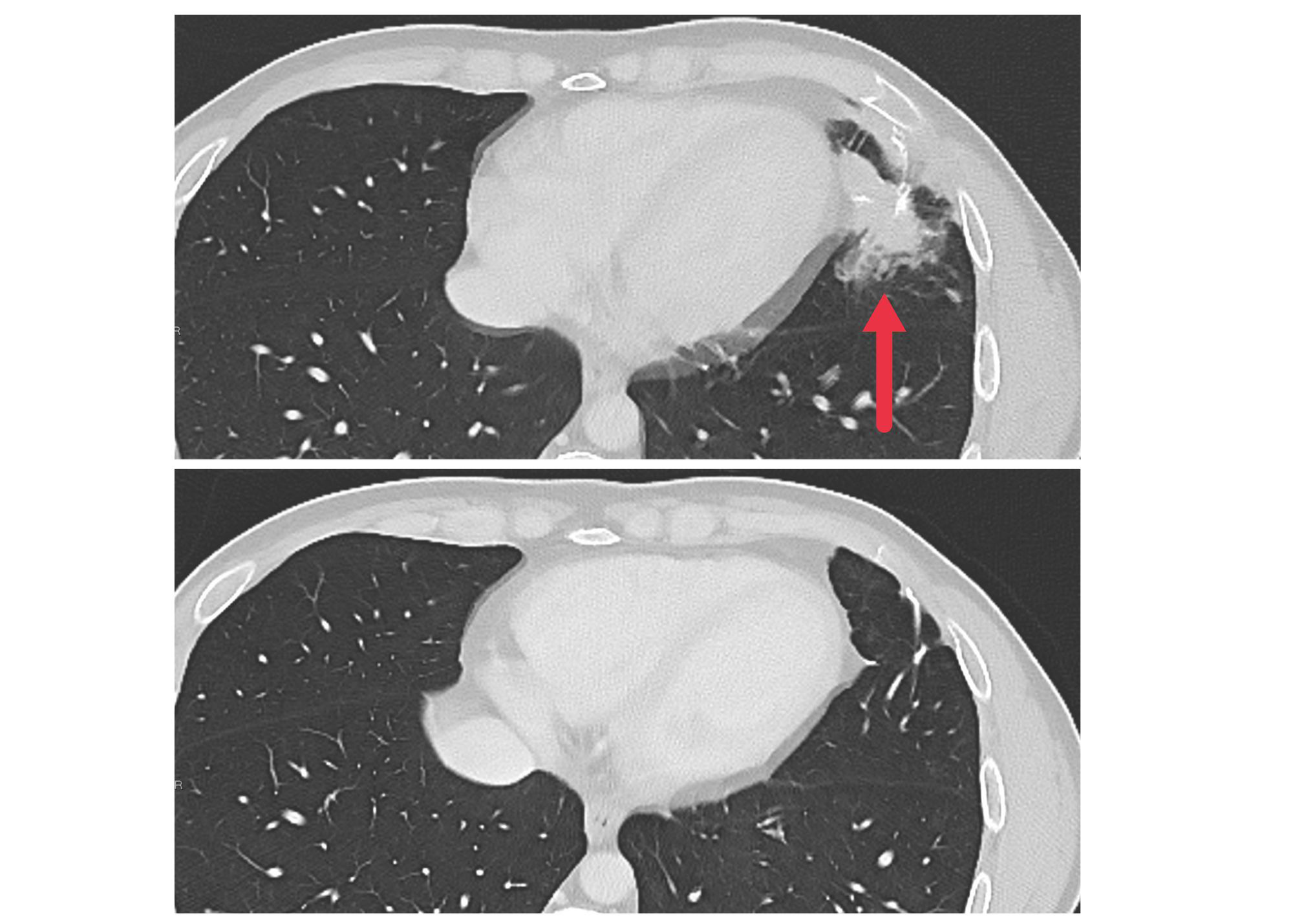Health Minister Yannick Neuder assured on Tuesday in Rennes, where the first case in France of the new variant of mpox was detected, that there was "no cause for concern" about the presence of this virus.
The patient infected with clade 1b mpox is a "sporadic case" and, being treated by the Rennes University Hospital, "has no symptoms, is not in a serious condition," Mr. Neuder told the press on the sidelines of a visit to the Rennes University Hospital site.
Health authorities were alerted on January 2 to a potential case of this new strain of the virus, formerly called "monkeypox," which was "confirmed yesterday," added Mr. Neuder.
This patient had "not travelled to Central Africa" but had "however been in contact with two people returning from Central Africa", the ministry stated in a press release on Monday evening.
This is not the classic clade 1, present for decades in Africa, but a variant, clade 1b, much more recently identified in the Democratic Republic of Congo (DRC).
"This naturally leads to vigilance and caution, but there is no need to worry and as Minister of Health, I am playing my role of reassuring since things are under control, first of all at the international level since we have international monitoring with the WHO and with the European Centre for Studies," added the minister.
According to Mr. Neuder, this would be the "fourth or fifth case in Europe including the United Kingdom" of this new variant, while clade 2 affects "around 200 cases at ground level in the metropolis".
"MPOX is a disease that is spontaneously resolving, that will heal by itself, that manifests itself by skin lesions on the palms of the hands, the palms of the feet, in the genital area and that will cause fever or not," recalled the minister, emphasizing that this pathology "can pose some problems if the patients are fragile."
First identified in the Democratic Republic of Congo (DRC) in 1970, the disease remained confined to around ten African countries for a long time.
But in 2022, it began to spread to the rest of the world, particularly developed countries where the virus had never circulated.

